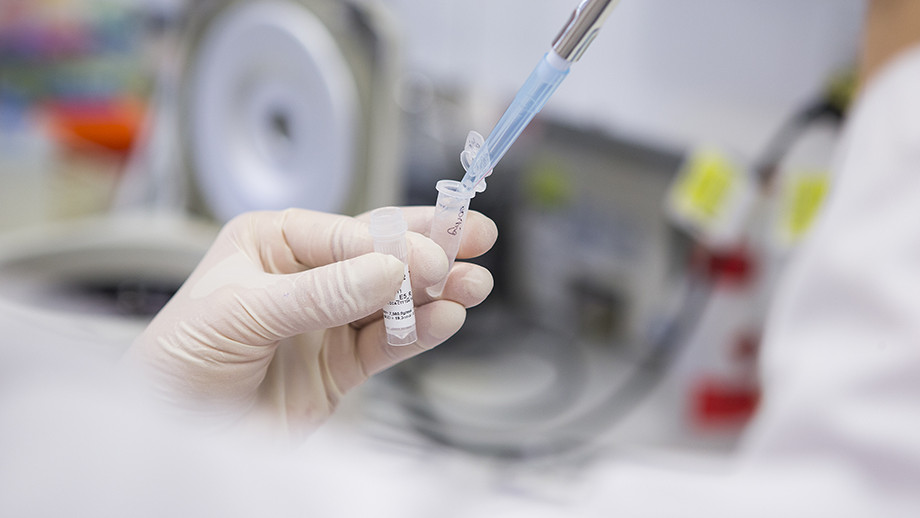Australians think science has made life easier – new poll
A new poll has found 90 per cent of Australians think science has made life easier, but many also worry that new technologies have changed our way of life too fast.
The Australian Beliefs and Attitudes Towards Science Survey, conducted by ANU and commissioned by the Australian Government, explored attitudes to vaccinations, genetically modified foods, fracking and climate change among other science-related matters.
Dr Rod Lamberts from The Australian National Centre for the Public Awareness of Science (CPAS) at ANU conducted the poll.
"Most of us think the benefits of science have outweighed the harmful effects and science has made our lives easier, but around half of us think science has made our way of life change too fast," Dr Lamberts said.
"Many of us are against genetically modified foods and food grown with pesticides, fracking and nuclear energy, and many people are also suspicious about the potential of bioengineering."
The survey also found:
- the majority of people are having some kind of science-related conversations regularly
- more than 90 per cent of people used technology at least a few times a week
- more than 80 per cent of people needed maths skills, and more than half used science skills in their jobs
- 85 per cent of people think parents should be required to vaccinate their children
- 70 per cent of people are opposed to fracking
- 80 per cent of people believe there is strong evidence that the world has been warming over the past few decades, with more than half saying this has been due to human activity.
Dr Lamberts said the more informed people felt about science, the more likely they were to be positive about science.
"I'd like to point out that this is how informed people believe or feel themselves to be - this is not an indicator of how much science they actually know," he said.
"This survey provides many reasons to feel encouraged about the Australian public's beliefs and attitudes towards science, and I invite people to explore the findings for themselves," Dr Lamberts said.
The aim of the survey was to gain greater insights into the Australian community's engagement with science and to measure their awareness of the benefits of science.
Read the full report:

